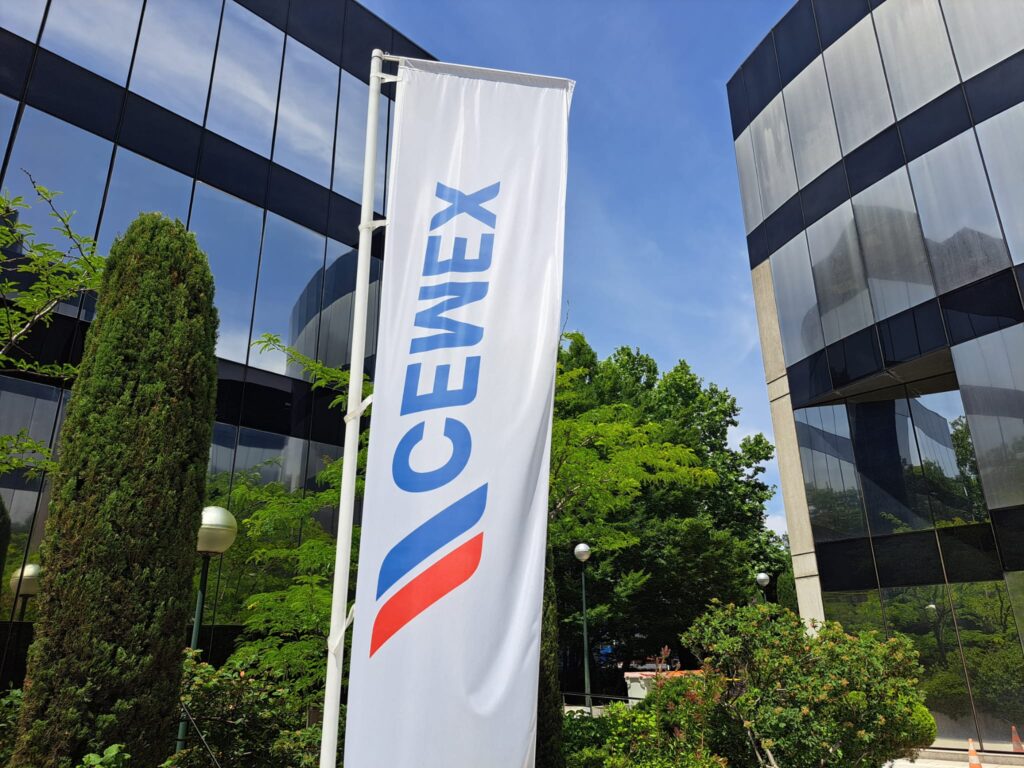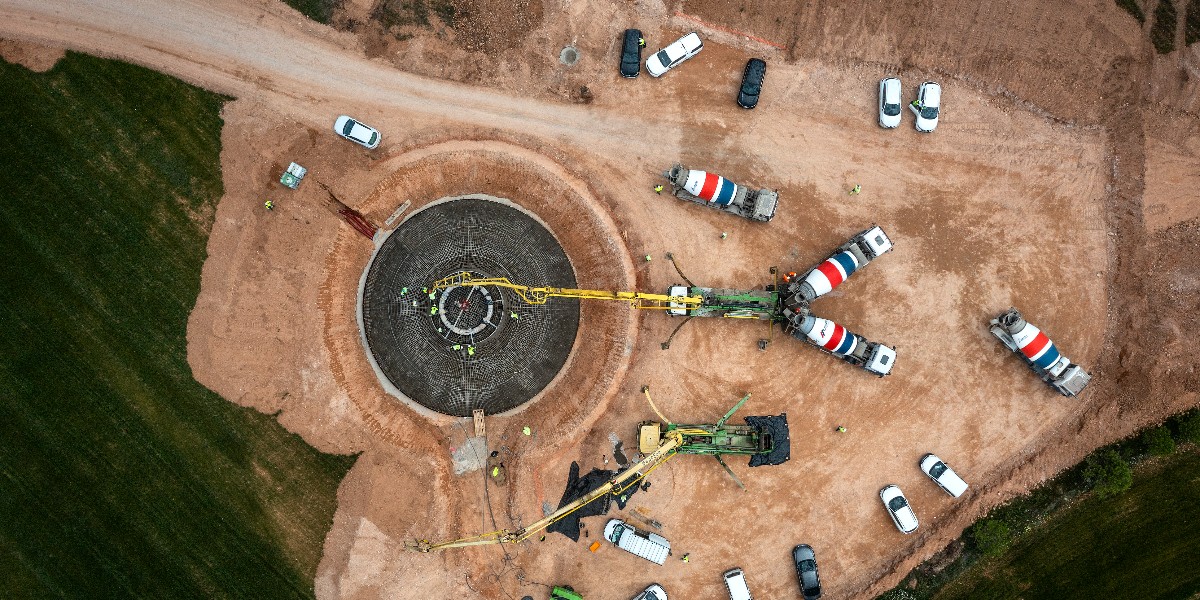Back in June, CEMEX and WtEnergy Advanced Solutions received a €4.4 million grant from the European Union (EU) to implement a novel waste-to-fuel technology utilizing synthetic gas at its Alicante cement plant in Spain. The two companies are on the forefront of turning waste into energy.
WtEnergy (Waste to Energy), the startup based in Barcelona and part of CEMEX Ventures’ portfolio, provides advanced solutions that convert biomass and non-recyclable waste into clean energy for different industrial sectors with a strong demand for heat and electricity. Their waste-to-fuel technology, named “Clyngas,” has been cataloged as “the first of its kind” for the cement industry by the European Union.
The Clyngas project aims to substitute fossil fuels with synthetic gas derived from waste and byproducts from industries, substantially reducing the carbon footprint of cement operations. This technology can potentially reduce over 400,000 tons of CO2 equivalent emissions over a decade at CEMEX’s Alicante plant.
CEMEX intends to incorporate this renewable energy source in its clinker and cement manufacturing process to reduce its carbon footprint further. The company is following an ambitious plan for the gasification of alternative fuels, starting with its Alicante plant in Spain and spreading to other locations across Europe.
This plan aligns with CEMEX’s objective to substitute an additional 20% of fossil fuels in their operations before 2030, decarbonize the clinker and cement production processes by up to 40% by the end of the decade, and become fully net-zero by 2050.
Cement is an essential ingredient in concrete, the most widely used man-made material on the planet. This industry is responsible for roughly 7-8% of global CO2 pollution. With no suitable alternatives available for this material, the industry must take steps to decarbonize the production process, as CO2 emissions will only keep increasing as demand continues to grow.

Waste-to-energy technologies have the potential to transform non-reusable materials to power some of the most carbon-intensive industries, such as cement, transportation, chemical applications and many other industrial processes, bringing us closer to reaching our climate goals.
Energy plays a pivotal role in virtually every aspect of human lives. Unfortunately, burning fossil fuels is still the only way to meet our energy demands. This reliance on fossil fuels, plus growing issues such as urbanization, population growth, technological developments and industrialization, intensifies waste production and increases the energy supply-demand gap. At this pace, waste generation is projected to increase to 2.2 billion tonnes by 2025, while energy consumption shows no signs of decreasing in numerous regions.
With the current scenario in waste generation rate and a clear need for clean energy sources, the EU has been funding clean tech projects to help bring promising technologies to the market in a wide range of industries, such as cement, steel, advanced biofuels, wind, solar and renewable hydrogen. In July, the EU Innovation Fund awarded €3.6 billion to 41 large-scale clean tech projects.
In Spain, there is an increasing number of waste-to-energy projects. One of those is Nantek, a startup developing technology capable of turning plastic waste into fuel. Plastic residue is transformed into fuel and certain petrochemicals through a thermochemical process based on nanoelements and special machinery. Nantek’s first production unit has been installed in the Port of Bilbao with the goal of transforming up to 25,000 tons of plastic annually.
A shift towards a circular economy, where waste is seen not as an endpoint but as the start of a new lifecycle, could solve Spain’s waste problem. Spain alone produced over two million tons of plastic waste yearly during the last decade. Despite growing recycling rates, 36% of plastics still end up in landfills, and only 21% is recovered as energy.
Another startup developing an innovative solution for the escalating plastic waste problem in Spain is Biofy. The company is closing the life cycle of oil by converting plastic waste into fuels that can be refined into diesel, gasoline or kerosene. It currently prevents 2.5 tons of CO2 from being emitted for every ton of plastic treated. According to its founder, “Just with the plastic waste that is currently in landfills in Spain, and without taking into account what is generated annually, 185 million liters of petroleum could be obtained.”
As the world struggles with environmental challenges, waste-to-fuel technologies pave the way for a more sustainable future. They provide a solution to the ever-increasing waste generation problem and present a viable strategy for energy diversification. By harnessing these technologies, especially in industries with high carbon footprints like cement, we could enable cleaner and more circular economies, bringing us closer to achieving our climate goals.






